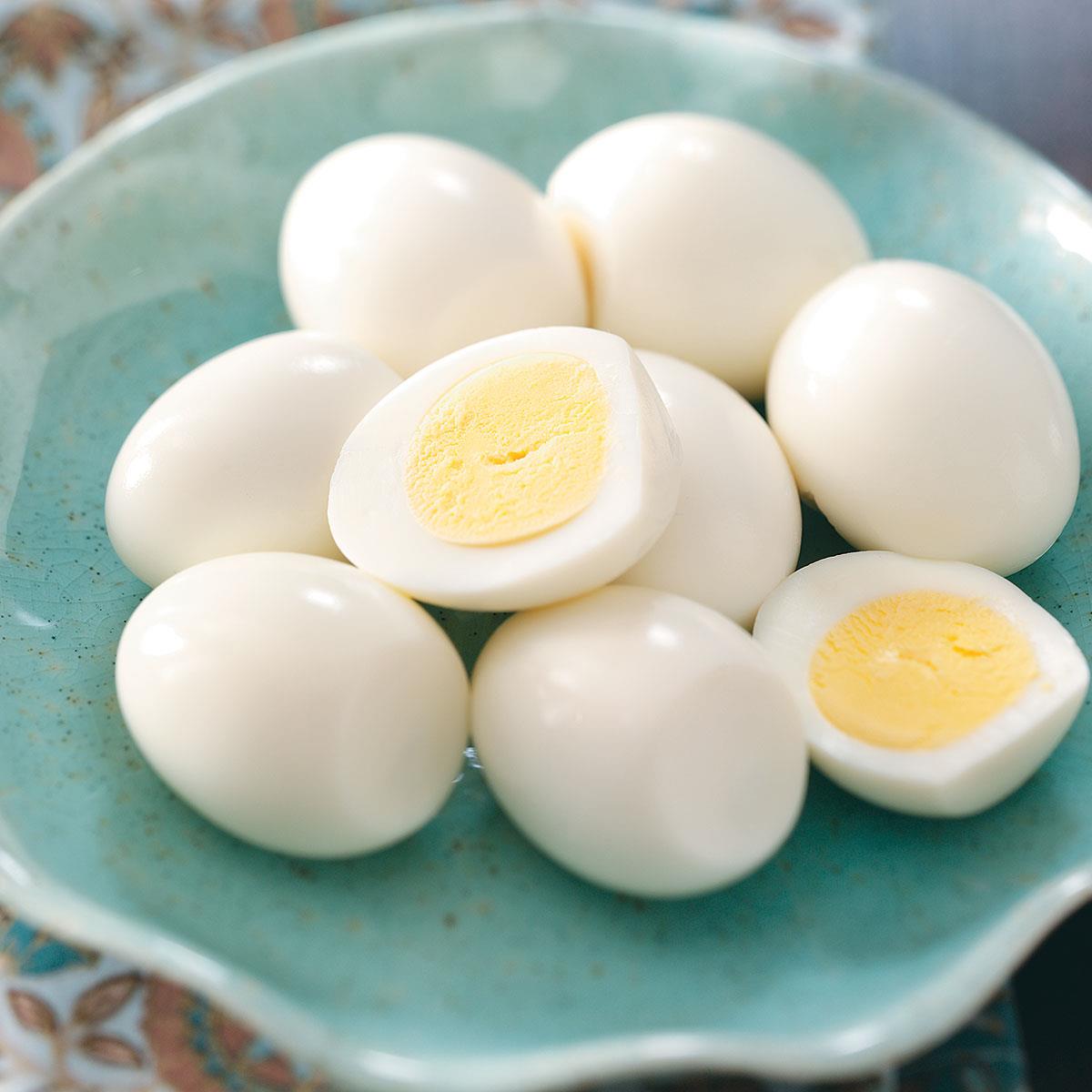So, you've heard the phrase "egg on a roll," but what does it really mean? Well, it might not be what you're thinking. In the world of food, it’s a catchy way to describe how eggs can roll right into your daily meals—whether it’s breakfast, lunch, or dinner. Eggs are, after all, one of the most flexible and nutrient-packed ingredients you can find in your kitchen. From boiled to scrambled, fried to poached, eggs are a staple across cultures and cuisines. So, it's no surprise that they're often "on a roll" when it comes to popularity and nutrition. In this article, we’ll explore what makes eggs such a powerhouse, how to use them creatively in meals, and why they deserve a spot on your plate more often than not.
If you're someone who's always on the lookout for quick, healthy meals that can be made in minutes, eggs are your best friend. They're not only affordable but also packed with protein, vitamins, and other essential nutrients. Whether you're a busy parent, a fitness enthusiast, or just someone who loves cooking, you’ve probably found yourself turning to eggs when you need something fast yet satisfying. So, if you're looking to spice up your meal routine or just want to know more about what makes eggs so special, you're in the right place.
And here’s the best part: eggs are incredibly versatile. You can eat them on toast, toss them into a salad, stir them into a wrap, or even bake them into muffins. No matter how you like them, there’s always a new way to enjoy an egg. That’s why the phrase “egg on a roll” really hits home—it’s about how eggs can roll into just about any dish and make it better. Ready to dive in and learn more? Let’s break it all down.
- Ferns And Petals India
- Liam Payne Body Tmz
- Hakone Estate And Gardens
- Rappers In Atlanta Ga
- Red And White Shop
Table of Contents
- What Is an Egg on a Roll?
- The Nutritional Powerhouse of Eggs
- How to Incorporate Eggs into Daily Meals
- Cooking Eggs the Right Way
- Eggs and Heart Health
- Egg Varieties and Cholesterol
- FAQ Section
What Is an Egg on a Roll?
So, you might be wondering—what exactly does "egg on a roll" mean? Well, it's not just a fun phrase. It's a metaphor for how eggs are constantly making their way into our meals, rolling right into our daily routines. Eggs are a go-to food for many because they’re easy to cook, rich in nutrients, and can be enjoyed in so many different ways. Whether you're grabbing a quick breakfast sandwich or adding a poached egg to your dinner plate, eggs are always part of the mix.
They’re also one of the most accessible foods out there. You can find them in almost every grocery store, and they don’t cost a fortune. This makes them a favorite among home cooks and professional chefs alike. So, when we say "egg on a roll," we’re really talking about how eggs are always in motion—moving from one dish to another, one meal to the next, and always adding value to what we eat.
The Nutritional Powerhouse of Eggs
Eggs are often called a “superfood,” and for good reason. They’re packed with high-quality protein, which is important for building and repairing tissues in your body. They also contain essential vitamins like B12, biotin, and choline, which are crucial for brain health, metabolism, and overall well-being. Plus, eggs are a good source of selenium and iodine, which support thyroid function and immune health.
- 620 Jones Sf Ca
- Harbor House Inn Elk
- Charlamagne Tha God Net Worth
- Cut My Life Into Pieces Song
- Maxs South Seas Hideaway
Now, you might have heard that eggs are high in cholesterol. And it’s true—each egg has about 186 milligrams of cholesterol, mostly found in the yolk. But here's the thing: eating eggs doesn’t automatically raise your blood cholesterol levels. Studies have shown that for most people, the cholesterol in eggs doesn’t have a significant impact on heart health. In fact, the protein and nutrients in eggs may actually help protect your heart when eaten as part of a balanced diet.
So, if you're worried about cholesterol, you can still enjoy eggs—just don’t go overboard. One or two eggs a day is perfectly fine for most healthy individuals. And if you're really concerned, you can always opt for egg whites, which are cholesterol-free and still rich in protein.
How to Incorporate Eggs into Daily Meals
One of the best things about eggs is that they can be used in almost any meal. Here are some ideas to get you started:
- Breakfast: Scrambled, fried, or boiled eggs on toast, or add them to a smoothie bowl for extra protein.
- Lunch: Slice up a hard-boiled egg and toss it into a salad, or make an egg salad sandwich on whole-grain bread.
- Dinner: Poached eggs over roasted vegetables, or stir-fry them with tofu and veggies for a quick meal.
- Snacks: Deviled eggs or mini egg muffins are great for a quick bite between meals.
If you're feeling creative, try making shakshuka, a Middle Eastern dish with eggs cooked in a tomato and pepper sauce. Or go for a classic French omelette with cheese and herbs. The options are endless. So, if you're looking for ways to keep your meals interesting, eggs can help you roll through your recipe book with ease.
Cooking Eggs the Right Way
Knowing how to cook eggs properly can make a big difference in taste and texture. Here are some common methods and tips:
- Boiled: Place eggs in a pot, cover with water, and bring to a boil. For soft-boiled, cook for 4–5 minutes. For hard-boiled, go for 9–12 minutes.
- Fried: Heat a non-stick pan with a little oil or butter. Crack the egg directly into the pan and cook until the white is set. Flip if you like over-easy or over-hard.
- Scrambled: Whisk eggs in a bowl, add a splash of milk or cream, and cook gently while stirring until curds form.
- Poached: Bring water to a gentle simmer, add a splash of vinegar, crack the egg into a bowl, and gently slide it into the water. Cook for 3–4 minutes.
Pro tip: If you're making poached eggs, try swirling the water before adding the egg to help the whites wrap around the yolk. And if you’re boiling eggs for salads or snacks, adding a bit of salt to the water helps prevent cracking.
Eggs and Heart Health
There’s been a lot of back-and-forth over the years about whether eggs are good or bad for your heart. Let’s clear that up. While eggs do contain dietary cholesterol, research now shows that saturated fats are more likely to raise bad cholesterol levels in the blood. Eggs, on the other hand, are relatively low in saturated fat and high in healthy fats like monounsaturated and polyunsaturated fats.
So, for most people, eating eggs in moderation won’t hurt your heart. In fact, the choline in eggs supports heart function, and the antioxidants like lutein and zeaxanthin found in the yolk may help reduce inflammation and lower the risk of chronic diseases. Just be mindful of how you prepare them—frying in a lot of oil or pairing them with processed meats can add unnecessary fats and sodium to your meal.
Egg Varieties and Cholesterol
You might have noticed different types of eggs in the store—organic, free-range, cage-free, and omega-3 enriched. So, what’s the difference?
- Organic: These eggs come from hens that are fed organic feed and not given antibiotics or hormones.
- Free-range: Hens have access to the outdoors, which can affect the nutritional profile of the egg slightly.
- Cage-free: Hens are not kept in cages, but they may still be indoors.
- Omega-3 enriched: These eggs come from hens fed a diet rich in omega-3s, which boosts the omega-3 content of the egg.
So, which one should you choose? It really depends on your values and dietary needs. If you're concerned about animal welfare, free-range or cage-free might be your pick. If you're after extra omega-3s, go for enriched eggs. Either way, all eggs are nutritious and can fit into a healthy diet.
FAQ Section
Are eggs good for weight loss?
Yes, eggs can be a great addition to a weight-loss diet. They're high in protein, which helps you feel full longer and reduces overall calorie intake. Studies have shown that eating eggs for breakfast can lead to reduced calorie consumption throughout the day.
Can I eat eggs every day?
For most healthy people, yes. Eating one or two eggs a day is generally safe and can even offer health benefits. However, if you have specific health concerns like high cholesterol or heart disease, it’s a good idea to talk to your doctor about how many eggs are right for you.
What’s the healthiest way to cook eggs?
The healthiest ways to cook eggs are boiling, poaching, or scrambling with a small amount of healthy oil like olive oil. Avoid frying in excessive butter or oil, and pair eggs with vegetables or whole grains for a balanced meal.
For more on how eggs can fit into a healthy lifestyle, Learn more about the health benefits of eggs on our site.
- Hansen Dam Aquatic Center
- Sanders Bbq Supply Co
- Paris La Defense Arena
- Cape Town International Airport
- Hilton Cabana Miami Beach Resort



Detail Author:
- Name : Prof. Brando Roob
- Username : nikolaus.kendra
- Email : maci32@bechtelar.com
- Birthdate : 1988-12-31
- Address : 72984 Cullen Points Port Hermanville, VA 33438-0528
- Phone : +18314723527
- Company : Bernhard, Schowalter and Herzog
- Job : Insulation Installer
- Bio : Minus sunt ut omnis odio quasi voluptatem. Expedita id quo aut. Quos ratione sapiente repudiandae occaecati natus facilis repudiandae blanditiis. Eius eum distinctio quidem labore voluptas.
Socials
tiktok:
- url : https://tiktok.com/@madyson_real
- username : madyson_real
- bio : Excepturi sit sunt eveniet sed nulla.
- followers : 5176
- following : 2571
twitter:
- url : https://twitter.com/kirlin1972
- username : kirlin1972
- bio : Vel quis rem quia vel. Reprehenderit ipsa unde debitis odio et consequatur recusandae.
- followers : 2090
- following : 2089

